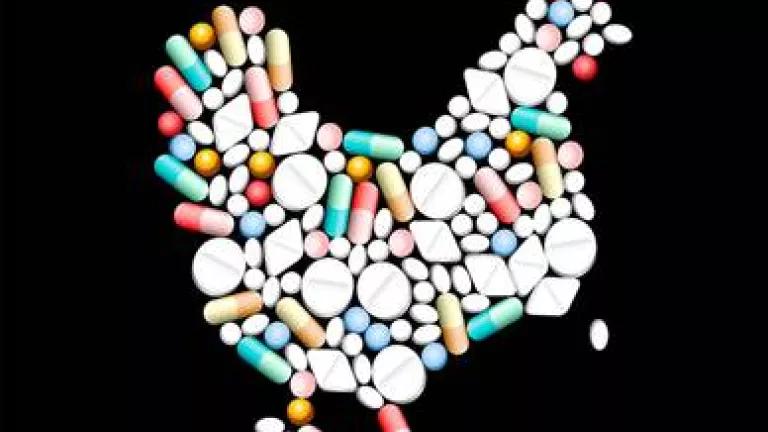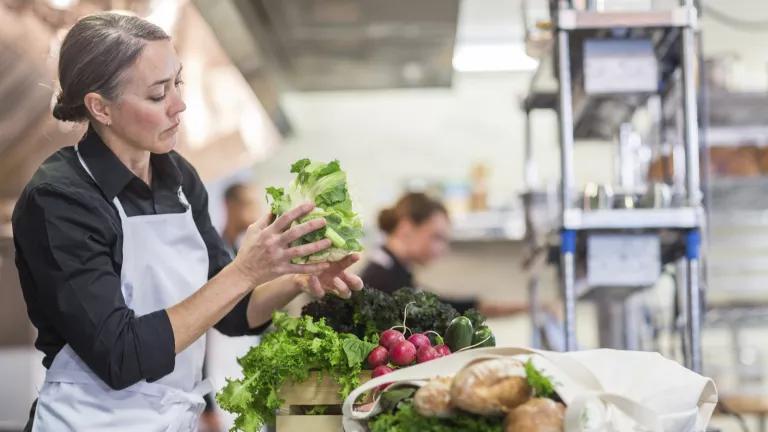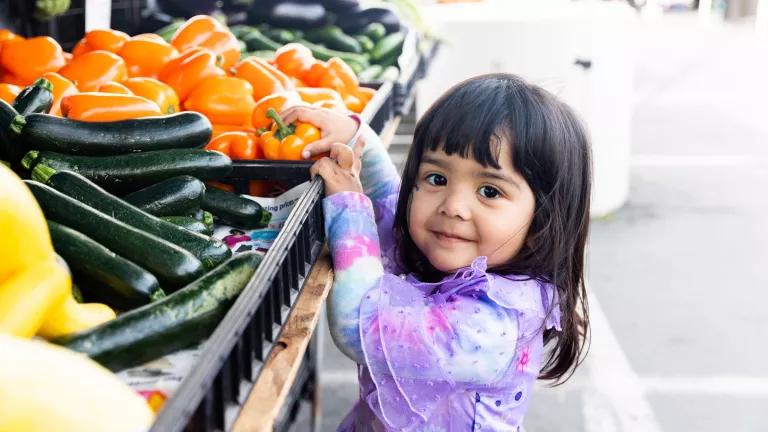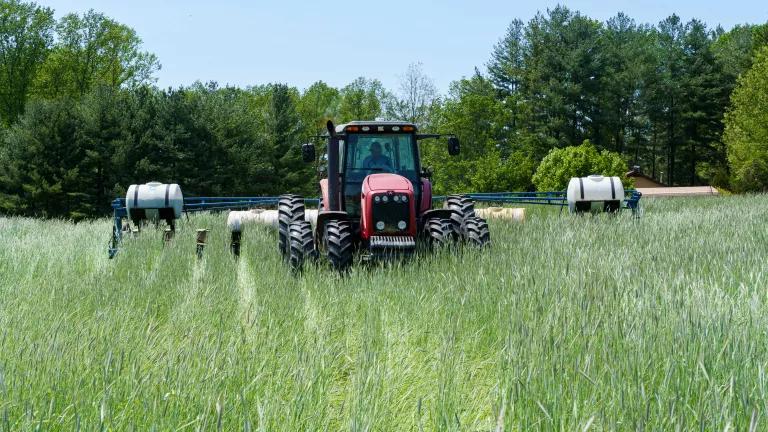Antibiotics shouldn't be a crutch for chicken producers; living conditions for farm animals matter

In the last year, as I discussed here, there has been a lot of good news about antibiotic use in the chicken industry. Six of the largest US school districts and a major fast food company made commitments to buy antibiotic-free chicken, joining the ranks of others like Chipotle and Panera Bread. These large purchasers are flexing some major market muscle and in doing so, taking a big step towards raising the floor for the entire chicken industry. The industry is already beginning to respond. Poultry giant Perdue recently made a public announcement committing to safe antibiotic use. There was modest but positive news on this front from the US's largest chicken producer, Tyson, as well.
These are exciting developments and it seems the industry may be at a turning point on antibiotic use. My colleagues and I have written many times about the misuse of antibiotics in livestock and how it breeds antibiotic resistant bacteria that limit the efficacy of antibiotics when we need them. Whether or not you eat meat, when resistant bacteria breed and spread and antibiotics become less effective when we get sick, we're all at risk.
No longer relying on a daily dose of antibiotics to keep chickens from getting sick should mean that producers have to use better management practices within their facilities--for example, improved sanitation, reduced crowding, better breeding, vaccinations and improved nutrition to reduce the likelihood of disease amongst their flocks.
That's good news.
Unfortunately, we understand that reducing antibiotics use might not always ensure that animals are being taken care of. More specific commitments will also be needed on the part of chicken producers and their buyers to ensure animal welfare.
Antibiotics important to human medicine should be reserved to treat sick animals and, under rare circumstances, for disease control. What these drugs should not be is a "crutch" for chicken companies or other livestock producers, allowing them to compensate for the disease pressure that arises when animals are kept in intensive confinement, often in less than sanitary conditions, and under constant risk of getting sick.
NRDC has a long history of defending our planet's wild animals--from wolves and whales to pollinators and the iconic polar bear. More recently, we've begun to work more directly on food issues, with a focus on protecting our air, water, soils, and public health.
As we fight to fix our food system so that it produces healthy food without degrading our environment and threatening our communities, we've grown more familiar with the great work of fellow advocates pushing for better conditions for farm animals. We raise more than 9 billion animals each year for food--with significant environmental and climate impacts--and many live in deplorable conditions. Efforts to improve the treatment of these animals have made some progress in recent years--like the victory with California's proposition 2 to end battery cages--but still have a long way to go.
NRDC's focus has traditionally been to improve human health and the environment. While we and our friends in the animal welfare community sometimes may have slightly different priorities, we are all working toward a more sane food system where animals are raised in ways that are good for them, people and the planet.
The bottom line? It's better for the animals, better for humans, and better for our environment if livestock producers rely on healthy living conditions for the animals instead of drugs.



